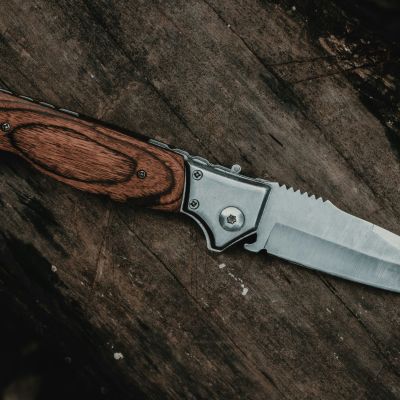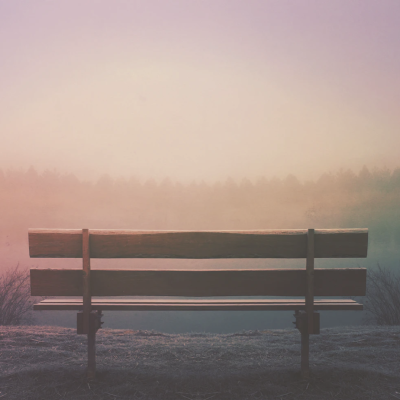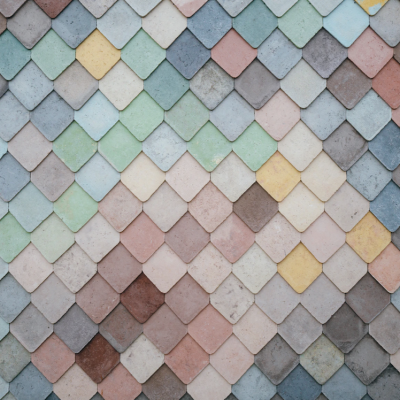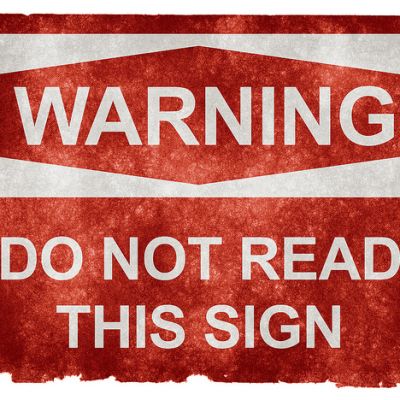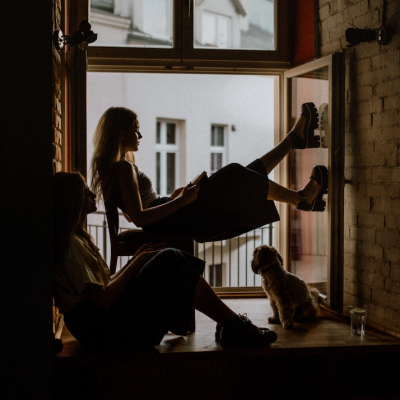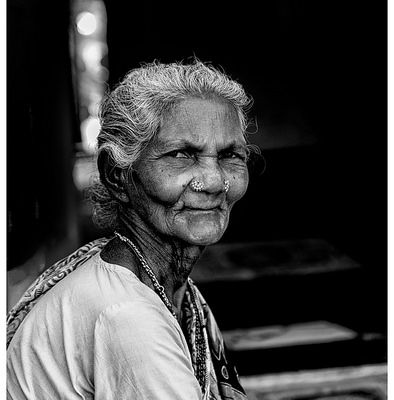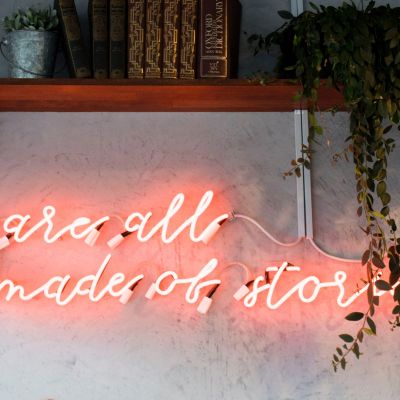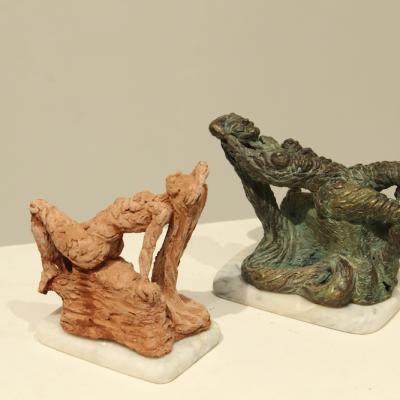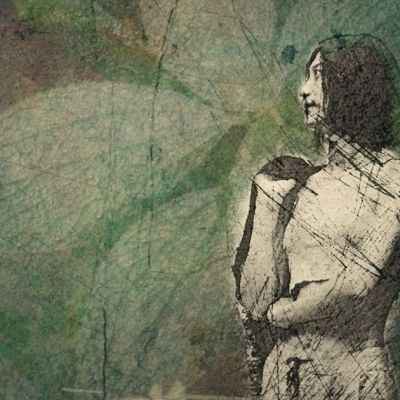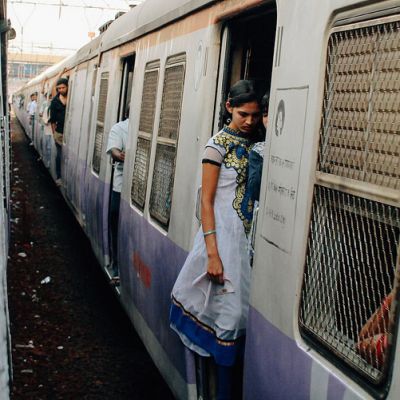trauma
These are their words, their vision,
a blade that left a cut in my veins
What does it mean to hold space and extend compassion to ourselves and our communities? Rachel Cargle reminds us to ask ourselves: who would we be if we weren’t trying to survive? Similarly, what would care and vulnerability look like if we weren’t trying to survive? The anarchy of queerness constantly and necessarily resists the capitalist engineering of the Survival Myth: one that wants us to endure an isolated life instead of embracing it with the radically transformative joy of togetherness. Caring for yourself precedes, succeeds, and exists alongside caring for the collective.
It took me some time to realise how important being vulnerable or, for that matter, being vulnerable during sexual engagement was for me to have great sex and how empowering it is for my sexuality. After much thought, I decided to open up to my partner about my past experiences and other things I never used to openly talk about.
Giving a trigger warning helps to somewhat flatten that hierarchy by making sure the audience is okay with the content. It can also shift power to the audience who may now decide what they would like to do with that information – to stay put and listen, or to walk out.
“Be yourself, Sarah. Awkward smiles, empty silences, weird laughter, and all. It’s just a part of being human. Loving someone physically is never not awkward. Even if it’s a monogamous relationship. It’s only the comfort of familiarity that makes you think otherwise.”
Sudha ji’s indomitable spirit made me question if I was settling down for too little, if there was more that I should ask for, and if there is more that I deserve.
Looking back, it seems strange, almost sad that he couldn’t contain his anxiety, couldn’t bear the shame of what he did wrong. He must have skimmed over so much turmoil, that he couldn’t accept the reality of harming someone.
Through multiple maquettes, I finally came across (since I myself did not know what the result of the form or figure would be) the Reclining Lady. She represents confident femininity and vulnerability. The feeling one has after taking a bath and sitting in the nude, drying oneself in unabashed nakedness.
I recently watched North Country on Netflix, a movie based on a true story of a woman’s fight for equality at the workplace. It is based on the case, Jenson vs Eveleth Mines, in the United States in which Lois Jenson, fought for the right to work as a miner, and the right to work free of sexual harassment. She won the landmark 1984 lawsuit, which was the first class-action lawsuit on sexual harassment at the workplace in the United States and resulted in companies/organisations having to introduce sexual harassment policies at the workplace.
India has a severe shortage of mental health professionals and the experiences of counsellors like Kapoor raise the question of whether there is a wave of therapist burnout in the country. Unfortunately, there has been no research to indicate the extent of the problem in India.
Vulnerability – is it a condition we find ourselves in? A state of being we choose? Let’s keep it very simple: it depends on the approach we take to defining it. In the former approach, we are ‘done to’, while in the latter we are consciously ‘doing’.
They’ punch him
with the pejorative
‘sissy’
and blame him for his smooth skin
and pink lips
for all ‘their’
disoriented gazes.
Those who are rendered vulnerable due to their gender or sexuality, particularly those who are economically and socially disadvantaged (or less powerful) and lack the agency to speak up for themselves, are more prone to allegations, social ostracism and marginalization.
By creating a safe space to discuss these issues [of sexual abuse] and acknowledging these experiences, we can find a way to address the root cause and move forward in our healing process.
“I was not a wanted child. Of course I am a girl, and that explains it. It’s like no one really cares if I exist. My brothers are useless, but they are everything to them(her parents). It’s not like he (her lover) needs me either; I still take food for him everyday.”

